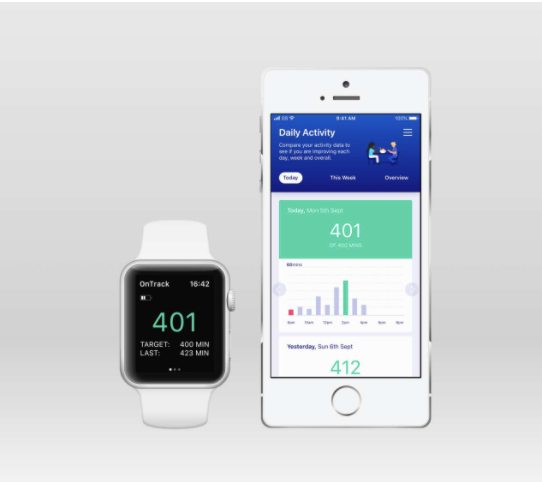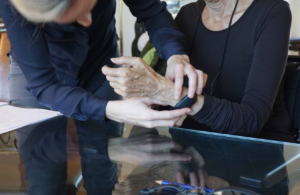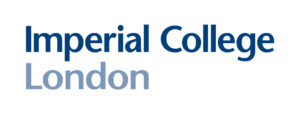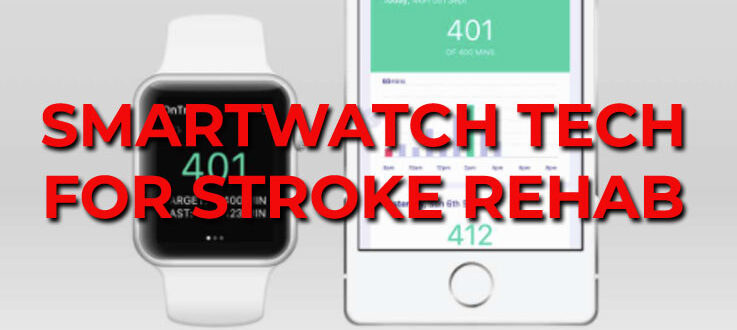Arm impairment is the most common type of disability for stroke survivors, affecting 450,000 people in the UK alone, with persisting problems for between a half and three quarters of survivors.
This can be partly explained by where the injury is in the cortex. But because regaining lost function in the upper extremities has been found to be more difficult to achieve than return of normal function in the lower extremities, only 14% will regain any useful function. Between 55% and 75% continue to experience upper extremity functional limitations after 6 months.
Research reveals that from admission to discharge, survivors receive a fractional dose of rehabilitation for this area compared to what your brain requires at this critical time in order to stimulate new connections and adapt others.
Plasticity theory tells us that neuronal structure is altered and refined by experience. Movements highly related to particular activities that are experienced and practiced intensively pre-stroke will excite and interest the brain if introduced into rehabilitation post-stroke.
Repetitive activity therefore is critical for recovery, but research also shows people struggle with knowing what or how much to do after hospital finishes and then keeping track of their progress.
 Working with more than 100 therapists (occupational therapists and physiotherapists) and 200 stroke patients, ‘OnTrack’ has been developed by Imperial College London’s Helix Centre.
Working with more than 100 therapists (occupational therapists and physiotherapists) and 200 stroke patients, ‘OnTrack’ has been developed by Imperial College London’s Helix Centre.
This combined software for smart devices with coaching support, is ultimately designed to support the patient in the manner detailed below. The idea is hopefully to improve their particular targeted outcomes.
What is OnTrack?
OnTrack is a digital rehabilitation tool which is designed to facilitate the self-management of stroke recovery.
 This platform includes a smartwatch app with tailored coaching to help people own their rehabilitation journey and inform their clinicians on their progress. The smartwatch app works like a step counter, it tracks minutes of arm activity through an algorithm developed for stroke survivors.
This platform includes a smartwatch app with tailored coaching to help people own their rehabilitation journey and inform their clinicians on their progress. The smartwatch app works like a step counter, it tracks minutes of arm activity through an algorithm developed for stroke survivors.
The purpose of OnTrack Rehab is to support and motivate stroke survivors to improve their recovery through daily activities.
How you can get involved.
Imperial College London’s Helix Centre is looking for stroke survivors with an arm impairment (18+ years old, living in London and more than 6 months post-stroke) to help them develop a new digital rehabilitation tool.
 This will involve wearing wrist-based sensors and motion trackers during a 2 hour session at Imperial’s White City Campus to carry out tasks of daily activities such as using a knife and fork, reading a book and more.
This will involve wearing wrist-based sensors and motion trackers during a 2 hour session at Imperial’s White City Campus to carry out tasks of daily activities such as using a knife and fork, reading a book and more.
They will then record this data to improve the technology behind OnTrack which will be anonymous. They will also provide a Participant Information Sheet for you, so you know what to expect.
What support will there be?
They will make sure to consider any accessibility needs you may have and work with you to best support you to attend, including providing interpreter services. They have wheelchair access on site as well as space for a carer to be in the session if you need to bring someone with you. They will also provide a break for you during the session.
Will there be a reimbursement?
This involvement is paid at £25 per hour as per INVOLVE guidelines, meaning that it is £50 per session paid to you. They will contribute £10 towards your travel also.
I am interested. When are the sessions?
The in-person sessions between April 2022 and May 2022, and you only need to attend one slot for 2 hours.

Where are the sessions?
They are at the White City Lab, Imperial College London, White City Campus, London, W12 0BZ.
How do I express interest?
 Please fill in this expression of interest form: https://bit.ly/OnTrack_lab.
Please fill in this expression of interest form: https://bit.ly/OnTrack_lab.
You can also email OnTrack@helixcentre.com for more information.




One Comment
I am interested in taking part in On Track, but I do not live in London, I live in Hertfordshire, I don’t have any mobility issues and can get to the Imperial’s White City Campus on public transport.